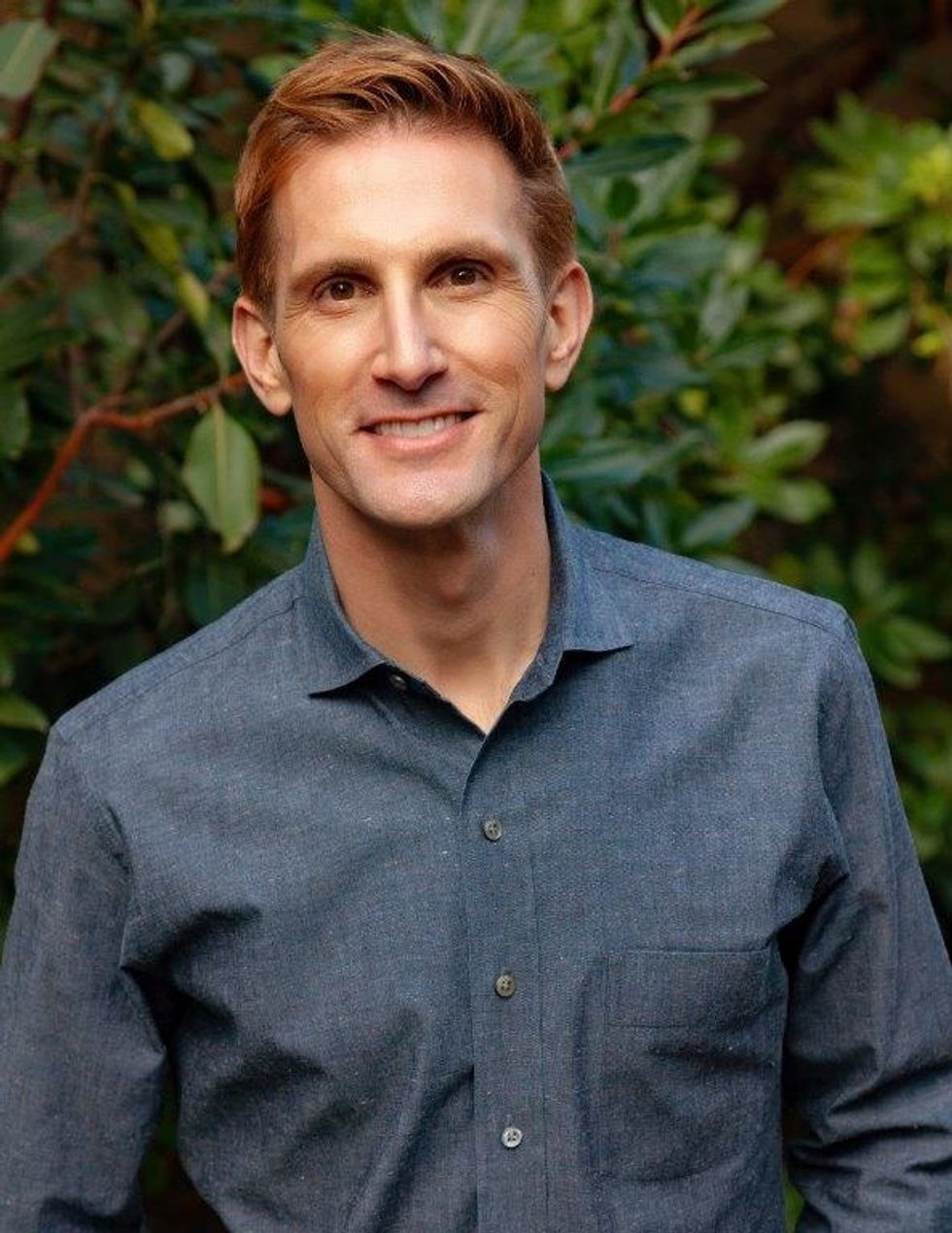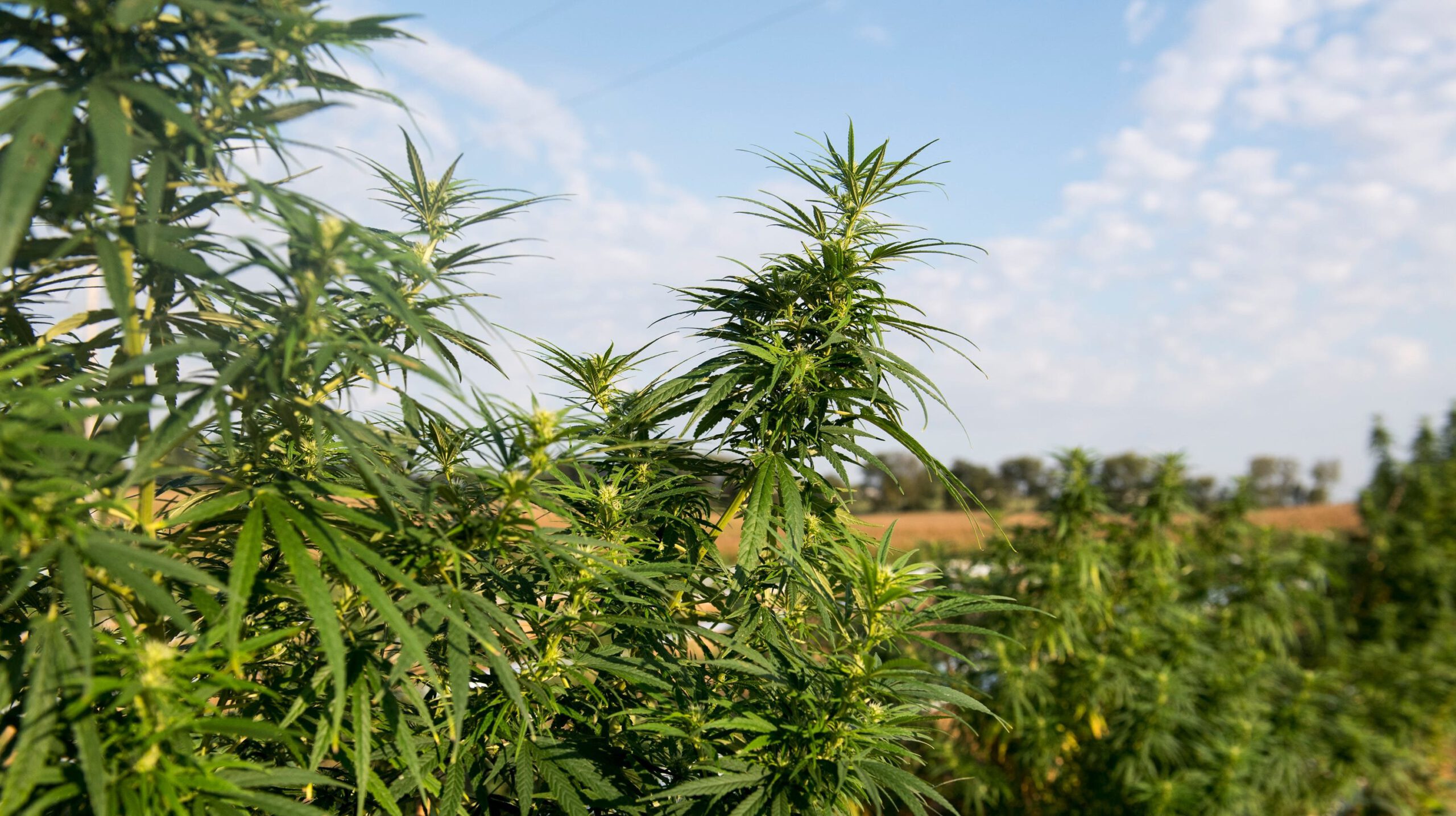Learn To Manage Your CBD Business During A Down Market
This week Hemp Industry Daily‘s Ivan Moreno hosted a webinar with two leaders of the CBD industry and discussed strategies on how to keep your business afloat during uncertain economic times like we are experiencing with the COVID-19 pandemic.
The focus of this discussion centers around entrepreneurs who own small businesses that are currently operating in the United States and left no stone unturned!
Topics
- Funding and Cash Flow: How to reassure your current investors and work with new potential investors
- Supply chain management
- Distribution and Retail challenges and How to Overcome Them
- Branding and Marketing – Is Your Plan Still Viable?
- Business 101: Crisis Management Plans and How to Prepare For the Future

Jennifer Culpepper – Founder of Brand Joint, a design and branding company that works specifically in the cannabis/hemp industry, and most recently co-founded I+I Botanicals, a company that makes personal care products infused with CBD. You may recognize Jennifer from any of her appearances in Forbes, The Washington Post and even CBS This Morning.

Christopher Gavigan – Made a splash in the entrepreneurial world by starting The Honest Company with Jessica Alba in 2012 and most recently Prima, a company that makes high quality skin care products for both men and women. You may recognize Christopher who has had his work published in major news outlets such as Huffington Post, People Magazine, USA Today and CNN.
 Ivan Moreno
AP
Ivan Moreno
AP
Ivan Moreno – Reporter for Hemp Business Daily and moderator of the webinar featuring Jennifer Culpepper and Christopher Gavigan. You may recognize Ivan from all the work he has done for Hemp Business Daily, where he focuses on regulatory issues as well as business development in the hemp industry. Prior to working at Hemp Business Daily Ivan was a regular contributor to The Associated Press.
Webinar Q&A
IM: What’s the first thing a startup should do when unforeseen circumstances cause a slowdown or stoppage to the business?
CG: The first thing you need to do is turn inward and understand what your team is focused on. Right now, cash preservation and cash management is the number one priority. Cash management is always number 1. How are you showing up? How are you addressing needs in realtime of your customers? What is the reality of the tone you are setting? Are you attuned to the tone of the consumer?
JC: In terms of what to do when crisis strikes. This is something that happened and hit us so fast and has such huge ramifications globally that honestly there really is nothing you can do to prepare for this. But the first thing I can recommend to do is take a deep dive evaluation into your business looking at the short term future and long term future. Does your long term picture still apply to where you want to be? This might shine a light on things that might not have been working to begin with. In terms of cash management, you want to make sure you have the cash on hand to pay your staff and keep the business alive. I also see an opportunity with your branding and marketing to be able to explore that a bit and take advantage of the crisis in order to change directions or the positioning of the business.
IM: What should businesses do to prepare for future emergencies? Should you have a contingency plan in place?
JC: Now seeing how this pandemic has unfolded, we have all learned a few lessons. Primarily, the biggest lesson is diversifying your supply chain. Those of us who have packaging manufactured in China or products manufactured in places where things have been heavily shutdown, even if its not particularly localized to this particular crisis, see the importance in diversifying your supply chain and your distribution channels. Being able to quickly shift between selling in retail stores to e-commerce, how easy is that for you to do? Were you already set up to sell online? Understand how the world is starting to change their shopping habits. How long will this be? Understanding your customers is really important and being able to understand what they need and value so you can empathize with them and your marketing doesn’t come across as tone deaf, but meaningful and shows that you are connecting with them.
CG: It comes down to a few factors. Yes the revenue and P&L, stress testing your P&L, stress testing your liquidity, understanding and outlining scenario planning. What’s the macro market saying? What are some of the micro pivots that might be happening? How do you plan for declines in your P&L? For Prima what we did was said here’s your plan for 2020, so now let’s map out 3 plans that could possibly happen and then choose the one that first best for the business. You have to build extreme up cases and down cases in these scenarios.. I meant this is a once in 100 years event. You always have to have contingency plans. Double and triple sourcing. how do you understand relationships? Brands and businesses are built on relationships and that goes across the pendulum of your business. The farmers might be front line folks. How do you manage that relationship? Build the relationships that are built on trust. Business fundamentals around relationships are essential to any business at any time. Always follow the crawl, walk run approach. Make sure you know what you are doing. Find the resources that you need to have to make smart decisions to avoid being over leveraged.
IM: Starting a new business is stressful enough and then something like COVID-19 happens. What do you do to reassure current and potential investors?
JC: Transparency. Making sure you are being clear with what you have and what your run rate is and where you are with inventory. Being honest and transparent is the best way to assure your investors. In terms of getting new investors, it’s not an off the table thing either. I was just on a call yesterday in the beauty space talking to several different investors about what they are looking for and they are all in right now on skin care and health and wellness. There really isn’t a shortage of investment money right now, I think they are just looking for good opportunities for those investments. One thing that kept coming up that they were looking for when they were determining who they would invest with is the bones of the company. They were less concerned with the numbers and more concerned with the foundation of the business and if the brand was sustainable and timeless.
CG: Yeah. I am totally aligned with Jennifer. It comes down to the relationship you have with the investment community. Are you forthright? Are you sharing everything you have got? They invest in product market, they invest in team, they invest in the upside of the industry. Now more than ever cannabinoid science is relevant. Stress management, sleep, immune function and support, we have an opportunity. Is your business positioned only as a ‘key ingredient’ story? Is it leveraging the global space of bridging the gap between healthcare and wellness? How are you positioned? What is the base thesis and the business proposition that the brand is built on? It needs to be sound in the moment and you need to be able to pitch and demonstrate that you have got a long term business that is meaningful in the future. You have to act swiftly with your investment community. You can’t say ” oh my god we are in a wait and see moment.” The time is now to act. Demonstrating the fact that you are preserving cash, that you are doing the right things on the business fundamentals, that you recalibrated, extended your runway, all those key levers that you pull with them. Just get on the phone and communicate with them. You are going to need them in the future and this is ultimate test for you to show up and show them you are rising and deserve future investment when the time comes.
If you are interested in watching the full interview, you can find it here.
Keep checking back with us at FindKarma for all the latest news on the CBD industry as it continues to evolve and grow in 2020!


